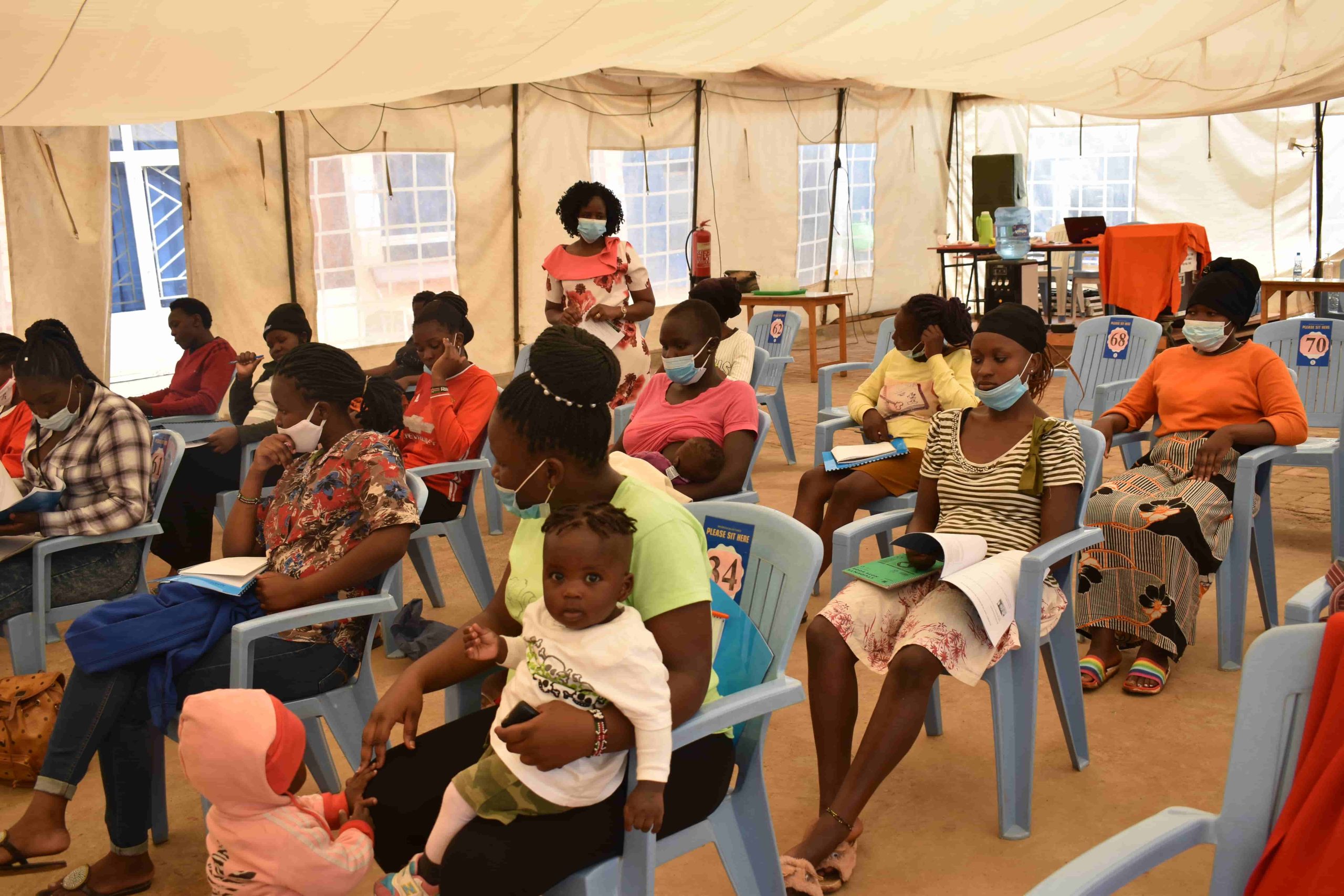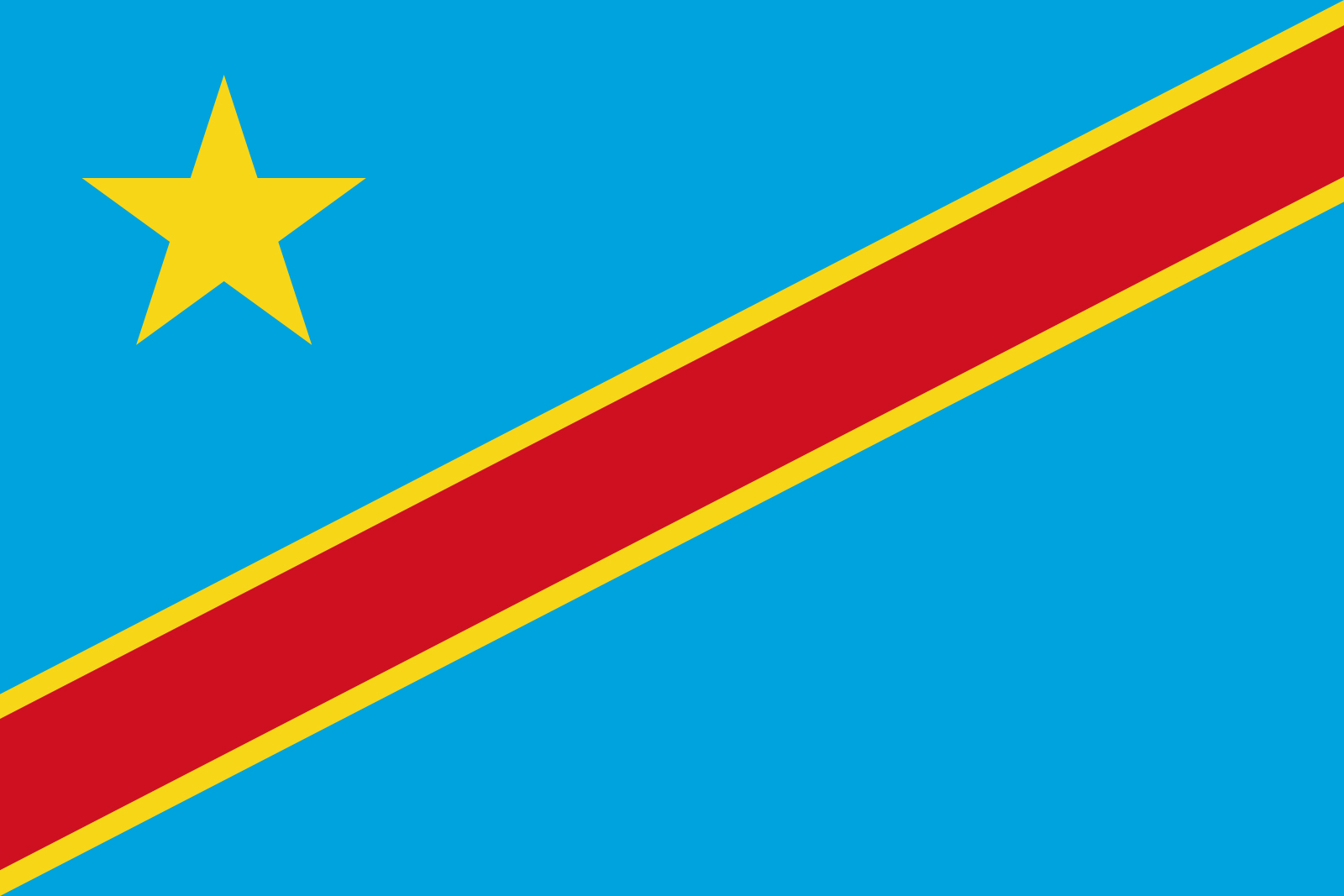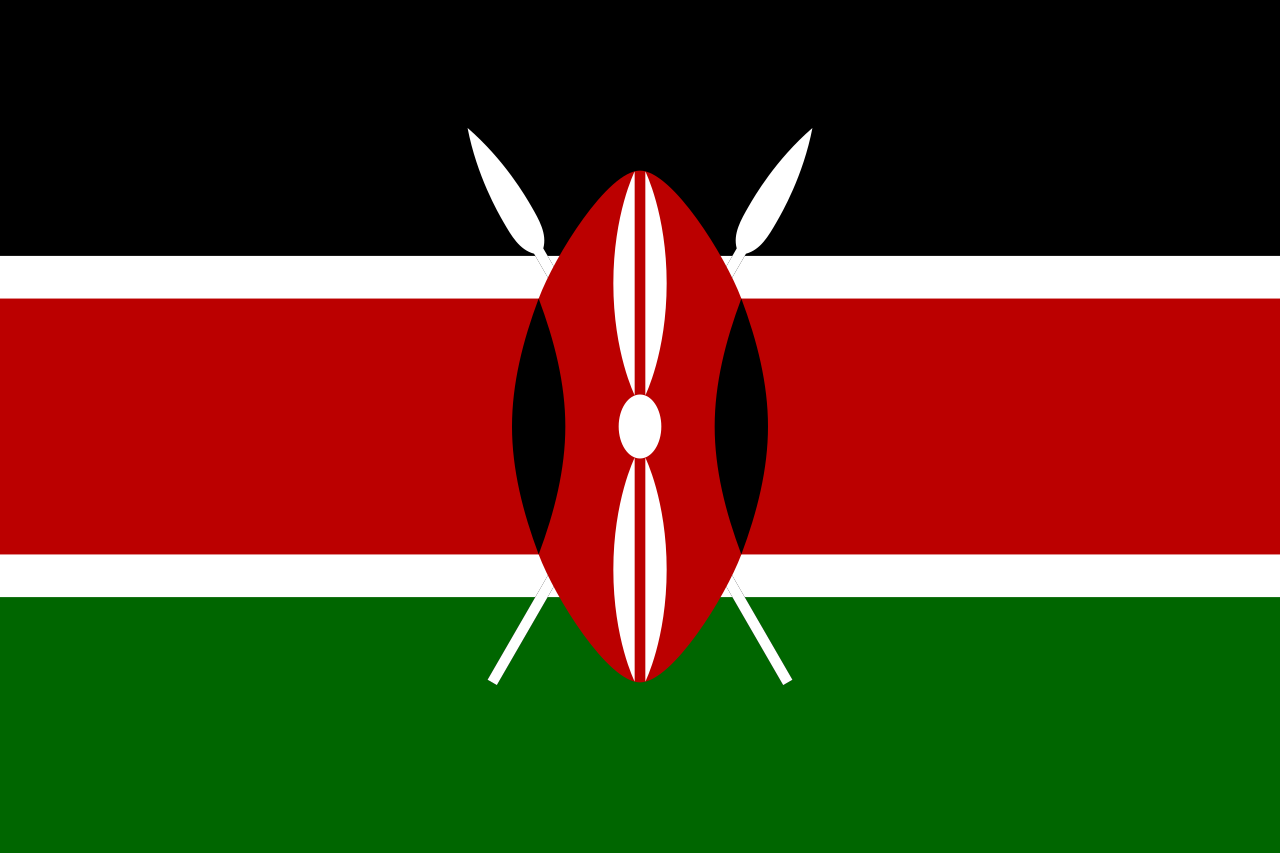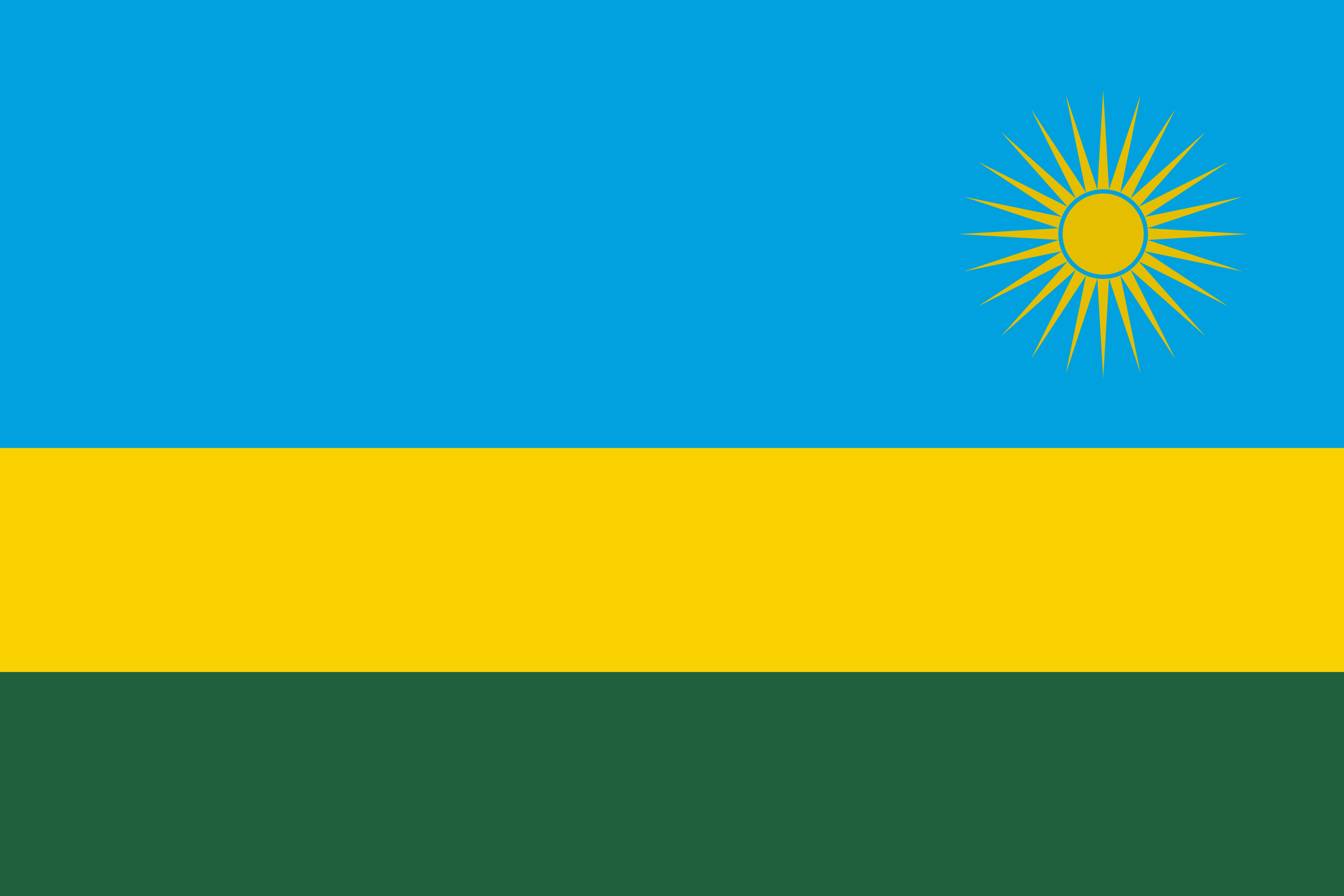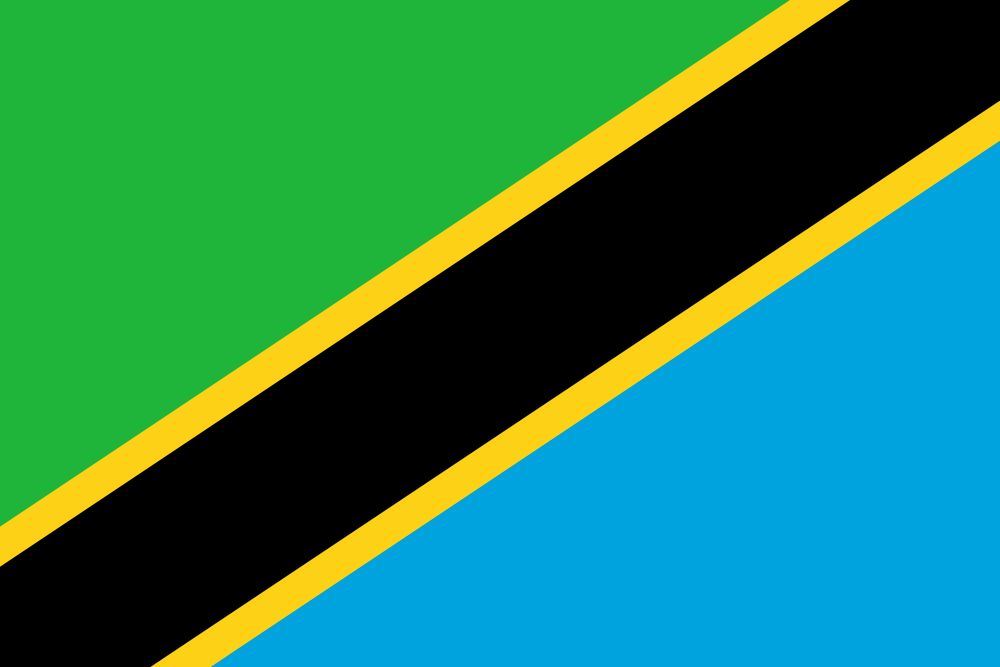Mathare is one of the oldest slums in Nairobi County and has more than 700,000 residents. Like any other informal settlement, the Mathare community battles with the challenges of congestion, obtaining the necessities of life, and facing crime, lawlessness, disease, and harassment. Vicious cycles of trauma and poverty continue to plague Mathare. ALARM has carried out several projects in sustainable livelihood and peacebuilding trainings in this community from 2017 to date.
In Kenya, the COVID-19 pandemic has affected people’s lives and livelihood since April 2020. The vulnerable women who depended on manual work and small businesses lost livelihood during the partial lock-down. As a response to this need, ALARM Kenya implemented the “Building Resilience Among Widows and Single Mothers in Post-Covid” project in Mathare, Nairobi County. This project has reached 60 vulnerable women who are widows and single mothers in Mathare. These women benefited from this project through training in business skills, mentorship, capital injection to those with struggling businesses, and an establishment of livelihood for those who had none. The project aim was to (1) boost 45 struggling businesses with capital injection, (2) establish 15 households with income-generating activities, (3) form savings and credit rotational associations for business sustainability (4) and register 3 groups with the Social Services department for further linkages to receive financial benefits.
The Building Resilience Among Widows and Single Mothers in Post-Covid Mathare project, has been an effective project. 45 small businesses have been revived, 15 women who didn’t have employment have gained skills to earn an income at home, and 6 women who were eager to learn a technical skill are using the training from their apprenticeship to earn an income. A savings and loan scheme was also established as a result of this project and has created a culture of saving for the future and business growth for sustainability in post-Covid times. The establishment of the social group for psycho-social support has provided mental health and stability for these women. This project was implemented to improve livelihood, develop skills, increase income, provide psychosocial support, and provide business support for 60 vulnerable women.

